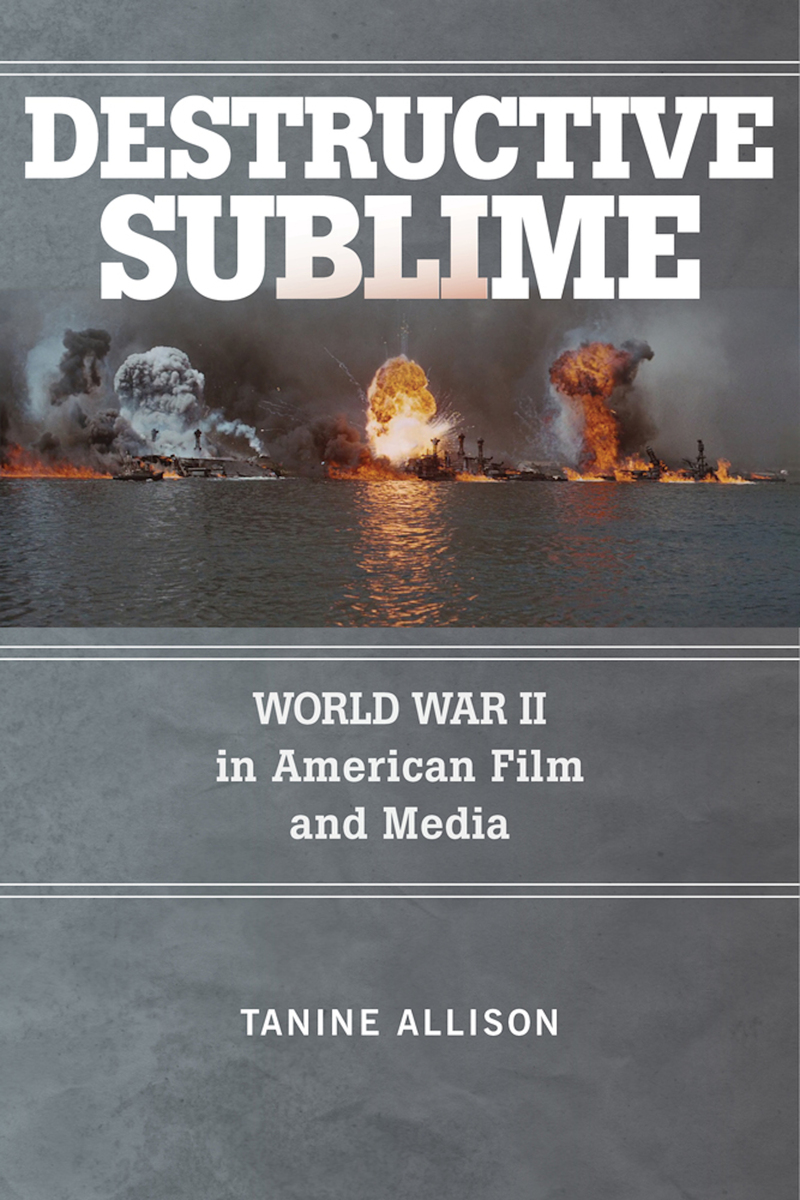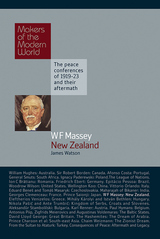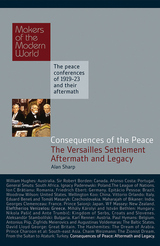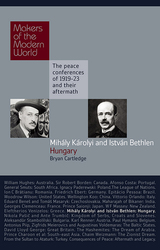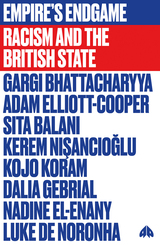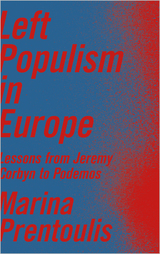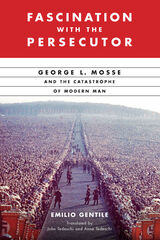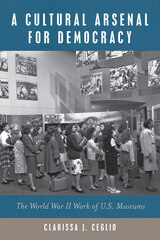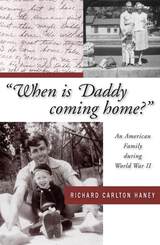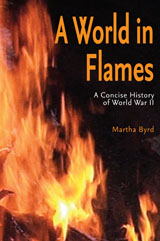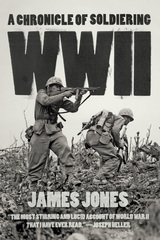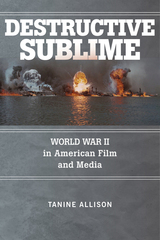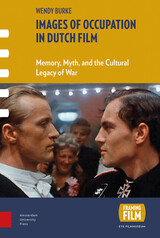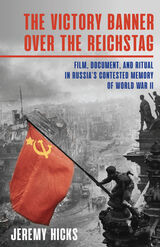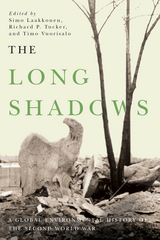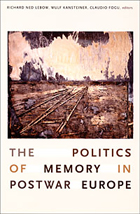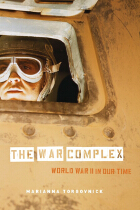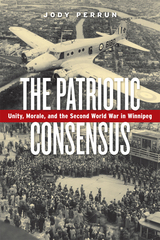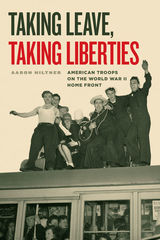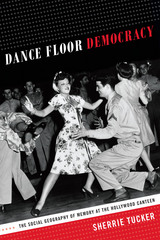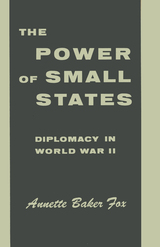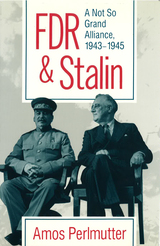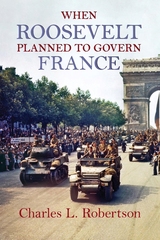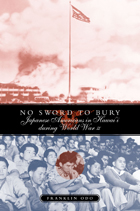Destructive Sublime: World War II in American Film and Media
Rutgers University Press, 2018
eISBN: 978-0-8135-9752-2 | Cloth: 978-0-8135-9749-2 | Paper: 978-0-8135-9748-5
Library of Congress Classification D743.23.A45 2018
Dewey Decimal Classification 791.436584053
eISBN: 978-0-8135-9752-2 | Cloth: 978-0-8135-9749-2 | Paper: 978-0-8135-9748-5
Library of Congress Classification D743.23.A45 2018
Dewey Decimal Classification 791.436584053
ABOUT THIS BOOK | AUTHOR BIOGRAPHY | REVIEWS | TOC
ABOUT THIS BOOK
The American popular imagination has long portrayed World War II as the “good war,” fought by the “greatest generation” for the sake of freedom and democracy. Yet, combat films and other war media complicate this conventional view by indulging in explosive displays of spectacular violence. Combat sequences, Tanine Allison argues, construct a counter-narrative of World War II by reminding viewers of the war’s harsh brutality.
Destructive Sublime traces a new aesthetic history of the World War II combat genre by looking back at it through the lens of contemporary video games like Call of Duty. Allison locates some of video games’ glorification of violence, disruptive audiovisual style, and bodily sensation in even the most canonical and seemingly conservative films of the genre. In a series of case studies spanning more than seventy years—from wartime documentaries like The Battle of San Pietro to fictional reenactments like The Longest Day and Saving Private Ryan to combat video games like Medal of Honor—this book reveals how the genre’s aesthetic forms reflect (and influence) how American culture conceives of war, nation, and representation itself.
Destructive Sublime traces a new aesthetic history of the World War II combat genre by looking back at it through the lens of contemporary video games like Call of Duty. Allison locates some of video games’ glorification of violence, disruptive audiovisual style, and bodily sensation in even the most canonical and seemingly conservative films of the genre. In a series of case studies spanning more than seventy years—from wartime documentaries like The Battle of San Pietro to fictional reenactments like The Longest Day and Saving Private Ryan to combat video games like Medal of Honor—this book reveals how the genre’s aesthetic forms reflect (and influence) how American culture conceives of war, nation, and representation itself.
See other books on: American Film | Genres | Media | Motion pictures and the war | War films
See other titles from Rutgers University Press
